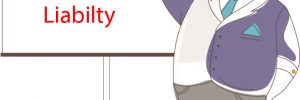
The realities of the opioid crisis call out to us, again and again. A sea of devastation drowns individual addicts, families, and communities. In response to lawsuits, government investigations and scathing press reports, the typical response from drug manufacturers and their defenders on social media argues: “The drug companies didn’t do anything wrong, they didn’t write the prescriptions, why are you saying this is their fault?” Here’s a short video laying out some (not all) of the key federal laws that some drug manufacturers may have violated in their drive to sell more and more opioids – and thus reasons why some of them could be legally liable for the devastation that overuse and misuse of their products has wrought. Full transcript below:






